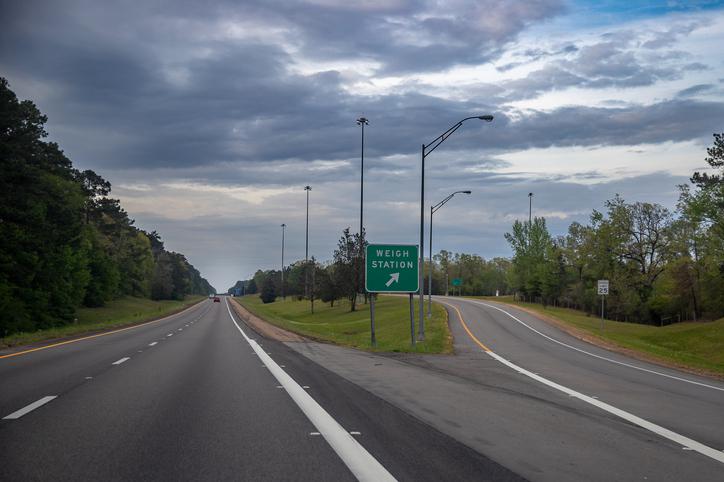The Australian sharemarket had a lacklustre Tuesday, with the ASX200 dipping 0.4 per cent or 31.2 points to 7454 points. Every single sector was in the red, though healthcare stocks suffered the most, down 1.4 per cent.
VanEck deputy head of investments and capital markets Jamie Hannah said the local bourse followed Wall Street’s trajectory overnight. The S&P 500 dropped 1.7 per cent, the Dow fell 1.2 per cent and the tech-heavy Nasdaq slid 2.2 per cent.
“What caused the fall was really just the same old story doing the rounds at the moment that the US Federal Reserve is looking to raise interest rates with inflation leaking through, and the Russia-Ukraine war still ongoing,” Hannah said.
“There’s still a lot of uncertainty which is playing on the markets today.“
The day’s worst performer was biotech company Imugene, which has lost about two thirds of its value over the past six months. The company lost 8.7 per cent of its stock price today to 21 cents.
Clothing retailer City Chic was the second biggest loser of the day, down 8 per cent.
Buy-now-pay-later Zip Co dipped by nearly 6 per cent. Over the weekend, this masthead reported on the downwards share price trajectory of unprofitable buy-now-pay-later outfits, including Zip Co, attempting to replicate the success of Afterpay.
Pendal Group and Perpetual are both down 0.2 per cent and 0.4 per cent respectively after the former rejected a $2.4 billion takeover bid from the latter and claiming that it undervalued the company.
Pendal’s shares have almost halved since the company was listed on the ASX in 2017, sitting at around $5.30 per share.
Meanwhile, gold producer Regis Resources was the winner of the day, up 4.7 per cent.
Agribusiness giant Elders was also a winner of the day, climbing nearly 3 per cent. Uniti Group jumped 2.6 per cent on reports that Brookfield’s takeover deal is near fruition.
The ongoing inquiry into The Star’s Sydney casino licence grilled the group’s chief legal and risk officer Paula Martin over why an independent audit report, which identified money laundering risks, was legally privileged, which prevented it from being handed over to the regulator.

